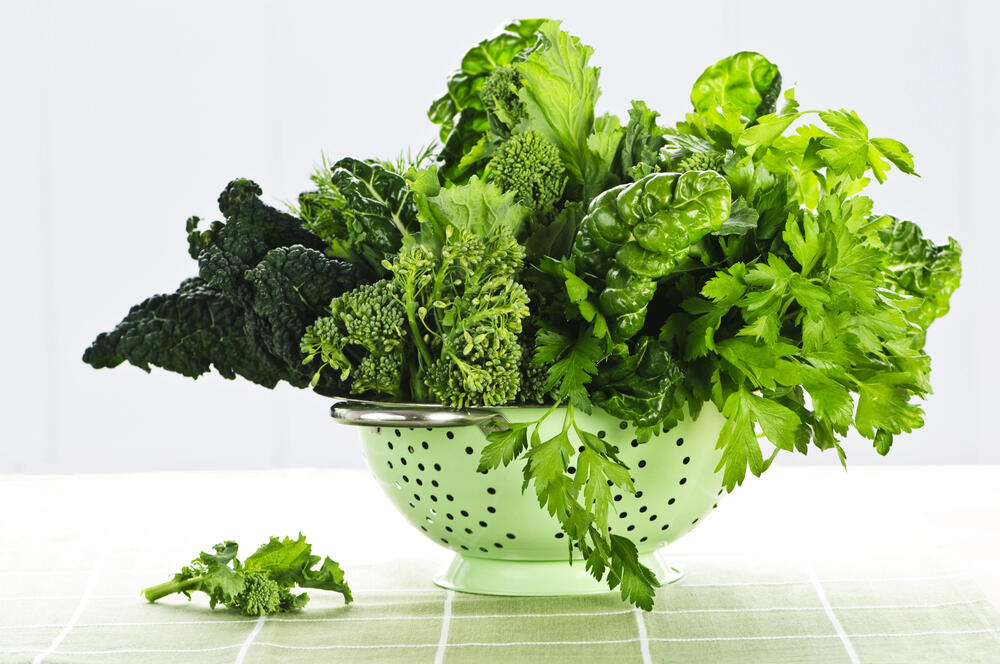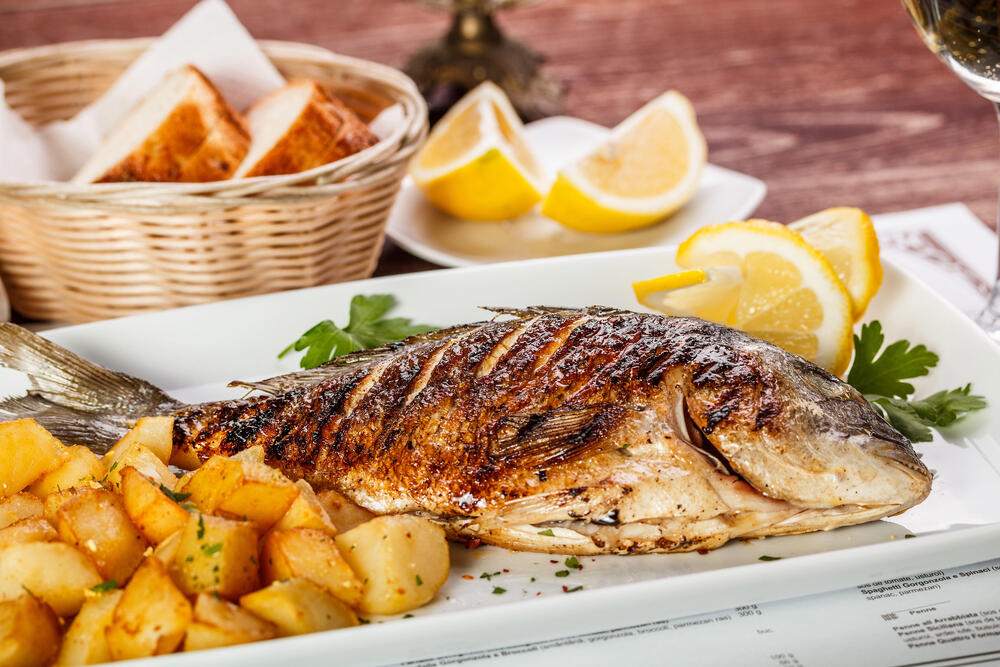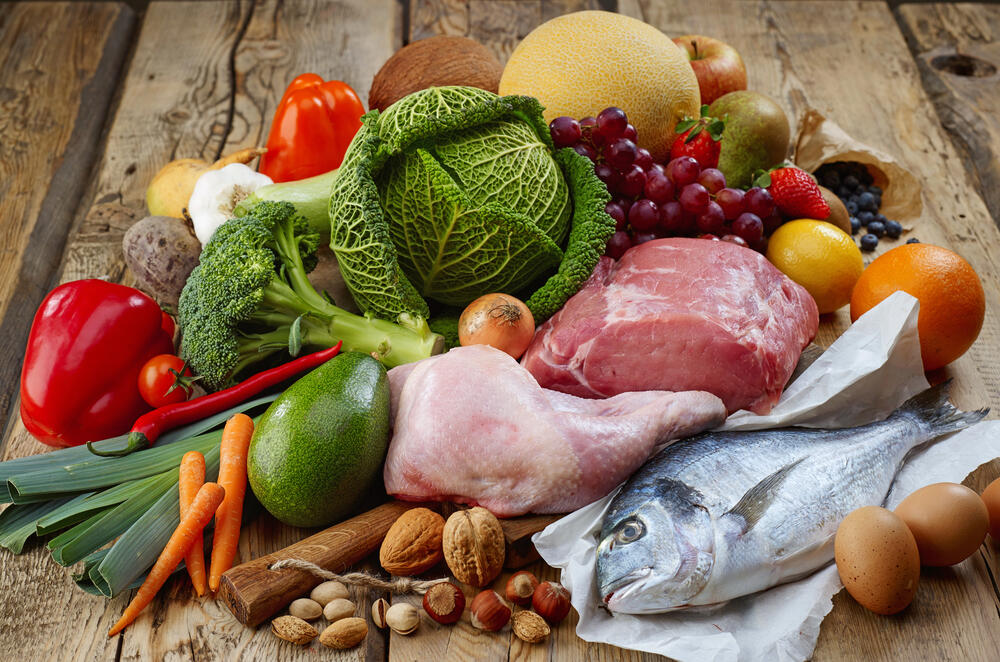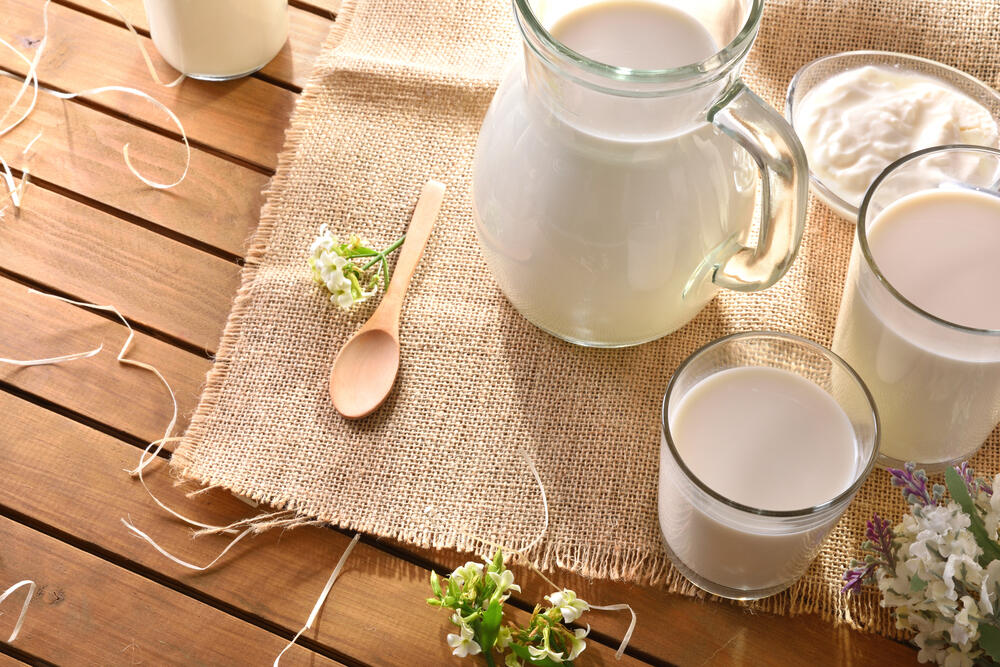Nourish Your Life: A Female’s Guide to Essential Nutrients
Whether you are young or old – as a woman – there are several nutrients that you should be consuming everyday to support your health and well being.
Here are a few of the most important ones, as well as a few ways to get more of them into your body.
Let’s dive right in and learn which vitamins and minerals will contribute to a healthy lifestyle.
Calcium
Whether it be food, energy support supplements from Ethical Nutrients, or even just milk, calcium is vital for women and their bodies.
Firstly, women are more likely to develop osteoporosis as they age, making bone breakages far more common and easier to occur.
The importance of calcium can’t be understated, as it serves multiple functions including bone health and muscle function.
It is recommended that women begin to consume more calcium as early as their late teens and early 20s to reduce the risk of health issues later in life.
Iron

Many women across the world – including me – suffer from an iron deficiency due to their periods.
Each month, you lose iron, and it doesn’t take long to become deficient if you aren’t supplementing your iron intake or having more of it in your diet.
Iron is needed for healthy blood cells, and it is recommended that girls between the ages of 14 and 18 should have 15mg of iron a day, and this can lower to around 10mg after the age of 18.
However, pregnant women should be consuming at least 30mg of iron a day, or more if recommended by their doctor.
Folic Acid
Folic acid is a B vitamin that can help prevent neural tube defects.
This nutrient is particularly important when pregnant, as it can also help prevent conditions such as spina bifida, and anencephaly, both of which can be fatal to babies.
Omega-3
If you are pregnant or looking to start a family, Omega-3s are a crucial nutrient to include in your diet.
They help build healthy brain and nerve cells, and can also, in some cases, lower the chances of a preterm birth.
Even if you are not planning on having children, Omega-3s are still important, as they can lower the chances of heart disease, which is one of the leading causes of death in women.

Vitamin D
Vitamin D has a wide range of health benefits including supporting bone health and immunity.
Unfortunately, many people in general, not just women, don’t get enough of it in their diet.
If you spend a lot of time indoors or live in a climate that doesn’t have a lot of sun, it is important to supplement your Vitamin D intake with either OTC tablets, or a prescription from your doctor.
B12
Vitamin B12 is crucial when it comes to building a healthy nervous system, especially while pregnant.
If you are a vegan or vegetarian, you may be lacking B12 as meat is one of the best sources of this vitamin.
If you suspect you are deficient in B12 it is recommended that you speak to a doctor about a B12 prescription, or use a supplement.
Magnesium
Magnesium has many benefits, but for women, it can help with bone, cardiovascular, and menstrual health.
The importance of bone and cardiovascular health has been stated already, but magnesium has also been shown to improve period symptoms in women.
Many studies have shown that magnesium can help relieve menstrual cramps, breast pain, lower irritability and reduce anxiety.
While not a guarantee, the difference between taking magnesium and not taking it is very noticeable.
Fluids

Finally, as you get older, your kidneys may become less and less efficient at removing toxins from your body.
Because of this, as women age, it becomes more important to up your fluid intake to ensure your kidneys are always functioning at their best.
It is also not important to worry too much about how many glasses you are drinking, but there is a simple way to know if you are getting enough; your urine color.
It should be clear or as close to clear as possible; if it is dark, you aren’t drinking enough.
How to Get More Nutrients
It is relatively easy to get all of your daily nutrient intake, but the problem that many women face is that they simply don’t know if they are getting enough.
Here are a few simple ways to change that.
Change Your Diet
Firstly, look at and adjust your diet to include more nutrient rich foods.
More often than not, women have nutrient deficiencies simply because their diets don’t contain enough vitamins and minerals.
For a quick fix, research which foods have the nutrients you need, and add them into your diet.
While a healthy diet is always best, there is no need to become too extreme with what you do and don’t eat to get the nutrients your body needs.

Supplements
If you have dietary restrictions or your body doesn’t absorb the nutrients you need correctly, then you should opt for supplementation.
Over-the-counter supplements will typically give you your recommended daily intake for all the nutrients listed above.
However, if you suffer from a condition such as anemia, you may want to contact your doctor and be prescribed a medication will efficiently increase your nutrient levels to where they should be.
Probiotics
Finally, while probiotics can help you create a healthy gut ecosystem, some studies have also shown that they improve your body’s ability to absorb the nutrients listed above, namely, vitamin B12, folate, calcium, iron, and zinc.
There are probiotics that can bought in tablet form, but you can also get them from fermented foods, such as yogurt, kimchi, kombucha, and miso.
Final Thoughts
Incorporating essential nutrients into your daily routine as a woman is one of the most impactful steps you can take for long-term health and vitality.
By focusing on nutrients like calcium, iron, and omega-3s, along with vitamins D and B12, you’re actively supporting everything from bone strength to brain health.
Adjusting your diet, using supplements if needed, and even enhancing nutrient absorption with probiotics can all help you reach your nutritional goals.
Remember, every small change adds up, so start with one nutrient at a time and make choices that nourish your life from the inside out.
Photo Credit: Depositphotos
Discover more from Zena's Suitcase
Subscribe to get the latest posts sent to your email.





